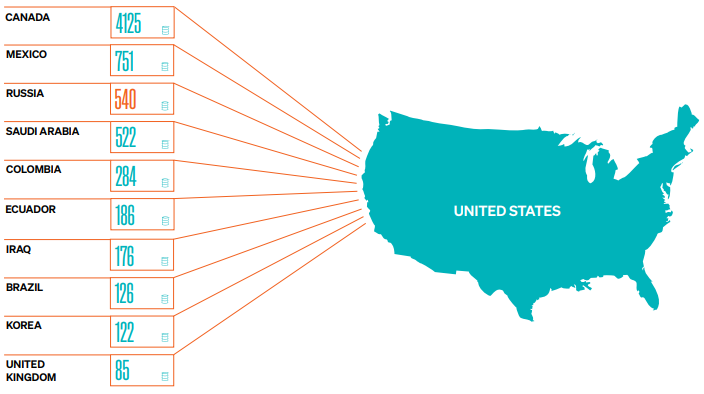You are now leaving Meeder Investment Management. Links to other websites are provided for your convenience and information only. When you click on a link to another website you will be leaving this website. The fact that Meeder Investment Management provides links to other websites does not mean that we endorse, authorize or sponsor the linked website, or that we are affiliated with that website’s owners or sponsors. This material is being provided for informational purposes only and is not a solicitation or an offer to buy any security or to participate in any planning or investment strategy. Unless otherwise indicated, the linked sites are not under our control and we are not responsible for and assume no liability for the content or presentation of any linked site or any link contained in a linked site, or any changes or updates to such sites. We make no representations about the accuracy or completeness of the information contained in any linked sites and their privacy and security policies may differ from ours. We recommend that you review this third-party’s policies and terms carefully.

(SWIFT) system links financial institutions around the world. The SWIFT system does not send money but is an international standard for banks to send and receive instructions for transferring funds between countries. Removing an entire country from accessing the SWIFT system is widely considered to be one of the most severe economic sanctions a country can impose. Currently, the European Union, Japan, United Kingdom, Canada, and the United States have all enacted the ban.
In response, the Central Bank of Russia raised its primary benchmark interest rate from 9.5% to 20% overnight, making it the highest level in nearly 20 years. The CBR said this interest rate increase “is designed to offset the increased risk of ruble depreciation and inflation.” They are also trying to infuse liquidity into the Russian banking system by holding daily auctions of 3 trillion rubles, equating to roughly $28.3 billion U.S. dollars.

The Fed’s other mandate, full employment, is also reaching levels consistent with the Fed’s decision to raise rates. Unemployment fell from an already low 4.0% to 3.8% in February. Nonfarm payrolls added 678,000 jobs which were far above the consensus estimate of 440,000. From this total, there were 179,000 jobs created in the leisure and hospitality industries. They continue to gain momentum as more and more people resume business travel and vacation.
The views expressed herein are exclusively those of Meeder Investment Management, Inc., are not offered as investment advice, and should not be construed as a recommendation regarding the suitability of any investment product or strategy for an individual’s particular needs. Investment in securities entails risk, including loss of principal. Asset allocation and diversification do not assure a profit or protect against loss. There can be no assurance that any investment strategy will achieve its objectives, generate positive returns, or avoid losses.
Commentary offered for informational and educational purposes only. Opinions and forecasts regarding markets, securities, products, portfolios, or holdings are given as of the date provided and are subject to change at any time. No offer to sell, solicitation, or recommendation of any security or investment product is intended. Certain information and data has been supplied by unaffiliated third parties as indicated. Although Meeder believes the information is reliable, it cannot warrant the accuracy, timeliness or suitability of the information or materials offered by third parties.
Investment advisory services provided by Meeder Asset Management, Inc.
2022 Meeder Investment Management, Inc.
0116-MAM-3/8/22-23157
